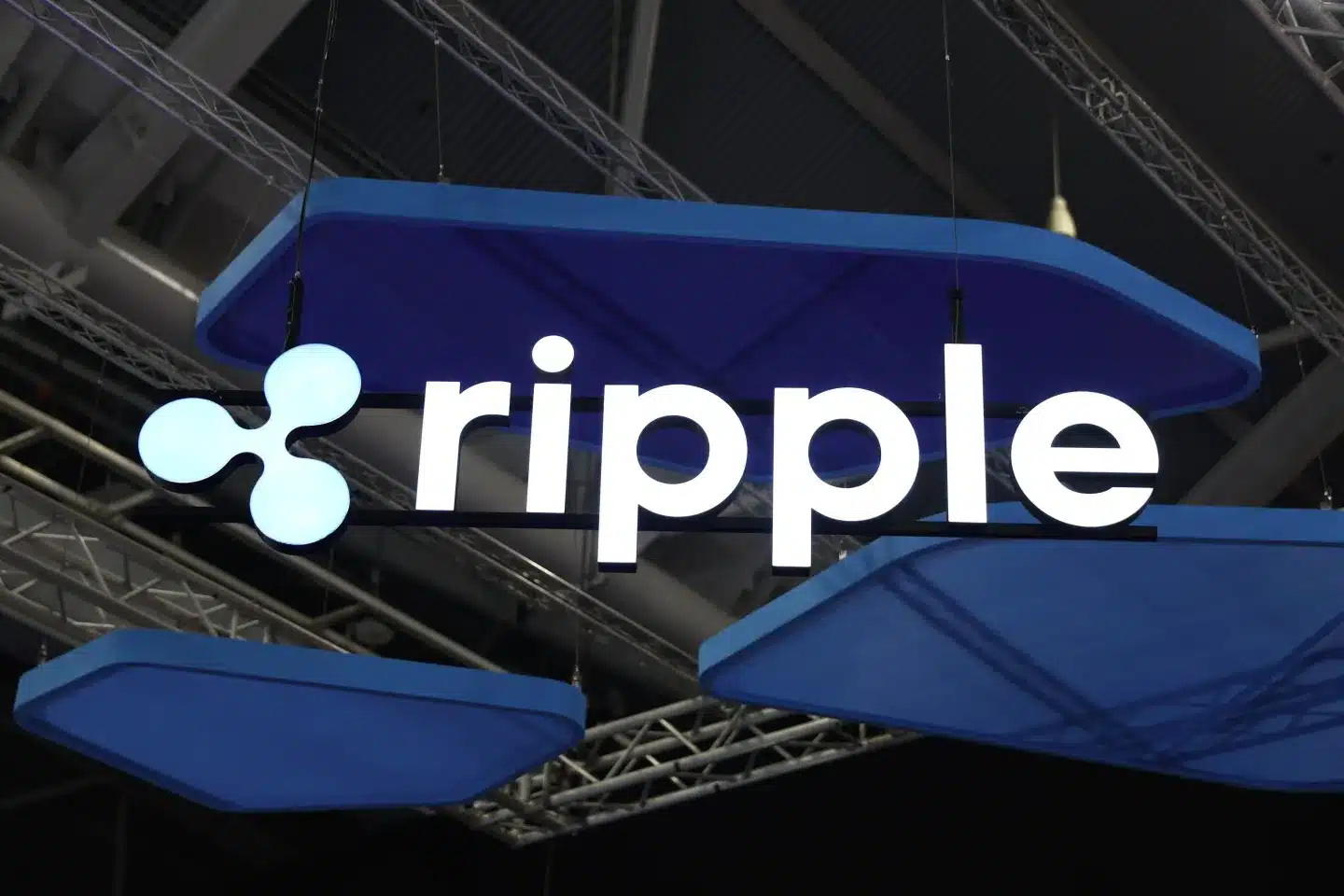- Banks accelerate blockchain adoption to streamline payments and reduce costs.
- Ripple report shows rising investments in digital asset infrastructure globally.
- Traditional finance embraces tokenization, custody, and decentralized finance solutions.
Ripple has released a detailed report showcasing how traditional financial institutions are accelerating their integration of blockchain technology. The report, titled “Banking on Digital Assets: How Traditional Finance is Investing in Blockchain,” was developed in partnership with CB Insights and the UK Centre for Blockchain Technologies.
According to the report’s findings, financial institutions no longer view blockchain as an experimental tool. It is now becoming part of corporate banking. The advantages of near-instant settlement, lower transaction costs, and constant availability are among the key factors that trigger rising uptakes.
The study by Ripple reveals that 9 out of 10 finance leaders worldwide believe that blockchain will be used extensively in the financial sector in the next three years. By the start of 2025, stablecoin transaction volumes had exploded to approximately $700 billion per month.
According to projections by Boston Consulting Group (BCG), tokenized assets can reach a staggering $19 trillion in value by 2033.
Also Read: Ripple’s RLUSD Stablecoin Hits $550M as DeFi Liquidity Skyrockets on Aave
Cross-border payments are also seen as one of the biggest spheres in which blockchain is gaining traction. The feasibility of eliminating middlemen and reducing settlement periods with the help of technology has led to the tech being perfect for transferring money across the world.
Banks are now utilizing such gains to increase their liquidity access and efficiency in operations.
The shift is happening: banks are investing in blockchain.
➡️$100B+ invested in blockchain companies since 2020
➡️$700B/month in stablecoin volume
➡️$18T projected in tokenized assets by 2033
Our latest report with @CBInsights and @UKCBT_org uncovers how financial…
— Ripple (@Ripple) July 29, 2025
Investment Trends Signal Institutional Commitment
The report includes a five-year analysis involving more than 8,000 blockchain firms and 1,800 banks. According to CB Insights, the number of mega funding rounds that banks participated in increased to 33 in 2020-2024 compared to only 15 in 2019.
Strong financial institutions like JP Morgan Chase, Goldman Sachs, and SBI Group were major investors. These organizations were concerned with the blockchain initiatives regarding tokenization, international payments, and safe custody.
Ripple also focused on rising interest in real-world asset tokenization. Blockchain facilitates fractional ownership and more effective institutional management, which enhances institutions’ interests.
Technological developments on the XRP Ledger have given banks and other traditional financial institutions a way to become engaged in decentralized finance securely and in a compliant way: automated market makers and permissioned decentralized exchanges.
Compliance and Modernization Shape Blockchain Strategies
Financial institutions are also using blockchain to modernize their internal frameworks. These efforts aim to reduce reliance on outdated infrastructure while improving regulatory oversight.
Automated compliance solutions and smart contracts are also helping financial institutions improve and comply with their operations. As a result of rising regulatory clarity, financial institutions have become more eager to use blockchain to promote long-term service and innovation provisions.
Ripple just released its recent report that confirms that blockchain integration in the traditional finance sector is taking place gradually but steadily.
Backed by clearer regulations and vigorous investment activity, institutions are moving from pilot programs to practical deployment. This trend signals a lasting shift in how financial services will be structured and delivered in the years ahead.
Also Read: Coinbase Users Can Now Buy Crypto Instantly With Samsung Pay Integration
